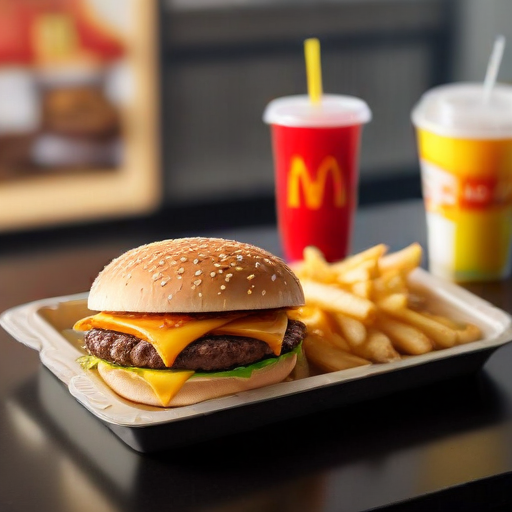McDonald’s recent $5 meal deal is designed to attract price-sensitive customers, particularly as inflation continues to put pressure on consumer budgets. While the promotional offering may not generate significant profit margins—estimated between 1% and 5%, translating to roughly $0.05 to $0.25 per meal—analysts believe it serves a strategic purpose.
Restaurant analyst Mark Kalinowski suggests that this deal is a way for McDonald’s to bring customers back into their locations, encouraging them to purchase additional items beyond the combo. However, the profitability of this initiative hinges on various external factors, including ingredient costs, labor expenses, and general overhead associated with running a franchise.
Arlene Spiegel, president of a consulting firm, notes that the meal deal is more about driving traffic rather than generating profit. With around 95% of McDonald’s restaurants being franchise-owned, each franchisee relies on promotional deals to attract interest while navigating their own operating costs such as rent and taxes. Although these promotions can help retain and draw in customers, they often result in slim margins or even loss.
It’s important to recognize that even if the $5 meal successfully brings guests through the door, that doesn’t guarantee profitability for the franchisees themselves. With various factors weighing down potential earnings, the promotional strategy illustrates a commitment to maintaining a competitive edge in a challenging economic landscape.
In summary, while McDonald’s $5 meal deal may not promise substantial profits, it reflects the company’s adaptive strategy to counteract economic pressures and enhance customer engagement. This approach could pave the way for long-term patronage if executed effectively, fostering hope that dining experiences can still remain accessible during tough economic times.
